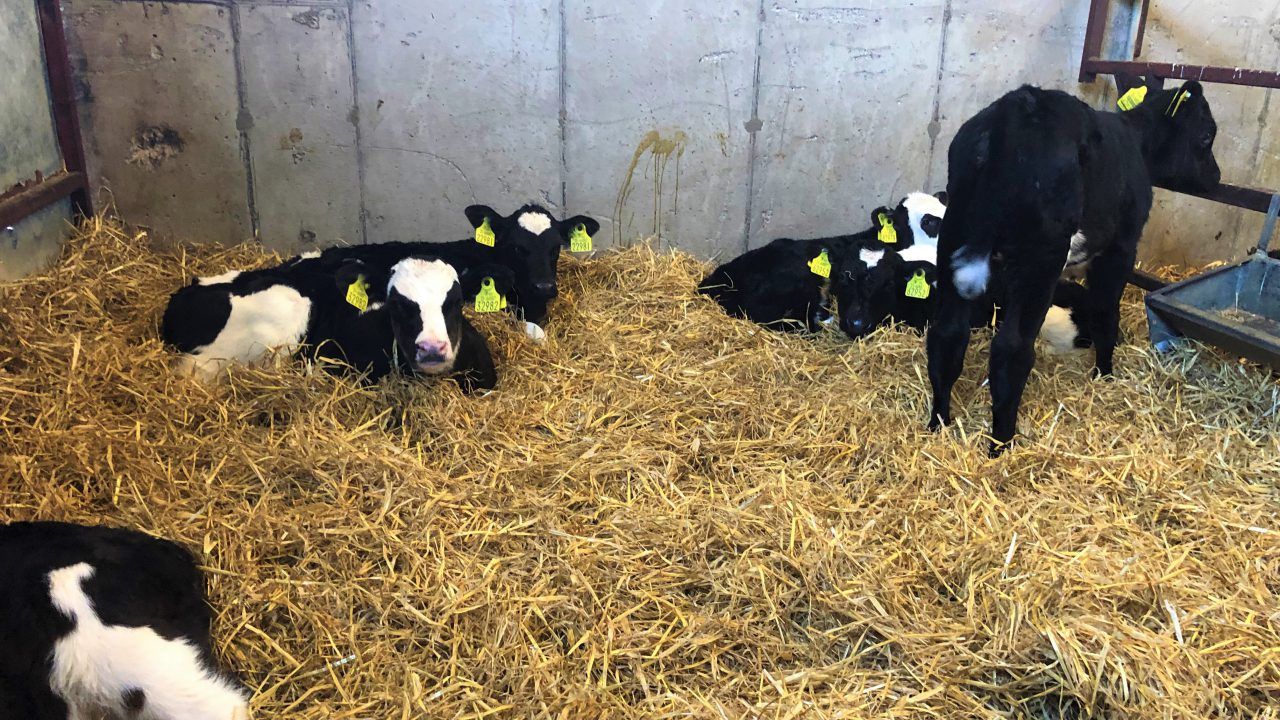Pneumonia can affect cattle of any age; it is a complex multi-factorial respiratory disease, caused by a range of bacteria, viruses and mycoplasmas.
With the autumn-calving season now well underway on farms, the animals most at risk to sickness are newly-born calves and freshly-calved cows.
Calves are born with no immunity to disease, which is why ensuring that calves are given high quality colostrum is vital.
Pneumonia
Ensuring that calves are fed high quality colostrum is a key defence against most sickness and disease that affects calves.
To try and prevent cases of pneumonia, you should ensure that calves receive adequate levels of high-quality colostrum.
When feeding calves colostrum, you should follow the 1,2,3 rule.
Using the 1,2,3 rule:
- Use the first milk (colostrum) from the cow;
- Feed the calf colostrum within the first two hours of birth;
- Calves must be offered at least 3L of good-quality colostrum.
Pneumonia is the most common cause of death in calves between one- and six-months-old, with scour being the most common in the first month of life.
If pneumonia has been an issue on your farm in the past, you should consult with your vet to develop a treatment plan or vaccination programme to fight against the pathogens causing the issue.
Housing
The environment in which the calves live also has a significant impact on infection levels and the likelihood of pneumonia.
Calves with an increased level of stress are more prone to infection.
You should ensure that the shed has effective ventilation and that there are no draughts at the calves’ level.
Avoid overcrowding of sheds and pens. Also, you should avoid mixing different-aged calves.
Each calf requires 1.5m² of lying space per calf and an air space of 7m³/calf.
Provide calves with regular fresh bedding and clean out the shed regularly. You can use the knee test to determine if the shed needs to be cleaned out.
To perform a knee test, place your knee on the straw and if it is damp, the bedding needs to be changed; if it is are dry, the bedding is adequate.
